Volatile: Word Meaning, Examples, Origin & Usage in IELTS
The word ‘volatile’ means ‘likely to change suddenly and unexpectedly, especially by getting worse’. Expand your vocabulary by discovering its usage, history, synonyms & antonyms, and practicing through the provided exercises to achieve a Band 9 score.
Table of Contents

Limited-Time Offer : Access a FREE 10-Day IELTS Study Plan!
The English language is filled with words that capture not just ideas, but also emotions and moods. One such impactful word is ‘volatile.’ This word describes something unstable, unpredictable, or prone to sudden change. From describing financial markets that rise and fall rapidly, to personalities that shift from calm to anger in a moment, the word ‘volatile’ adds intensity and precision to communication. Therefore, mastering this word will enhance both your academic and professional vocabulary, making your expression more compelling.
In this blog post, we will explore the meaning, origin, history, synonyms and antonyms of the word and proper usage of the term ‘volatile’ within the context of IELTS, solidifying our understanding through practical exercises.
Meaning of Volatile
- Pronunciation: /fluidly/ (sounds like vaw·luh·tile)
According to the Oxford Learner’s Dictionary, volatile means ‘(of a situation, person, or substance) likely to change suddenly and become dangerous’. Merriam-Webster defines it as ‘characterized by or subject to rapid or unexpected change; tending to erupt into violence’.
In simpler terms, volatile refers to something changeable or explosive, whether it’s a chemical substance, the stock market, or human emotions.
History and Origin of Volatile
The word ‘volatile’ comes from the Middle French volatile, which in turn derives from the Latin word volatilis, meaning ‘fleeting’ or ‘swift to fly’. The Latin root volare means ‘to fly’.
Originally, it was used to describe birds or things that could fly away quickly. Over time, the meaning expanded metaphorically to describe things that are fleeting, unstable, or explosive.
Usage & Examples of Volatile
Let us look at some example sentences where the word volatile has been used in its adjective form.
- The political situation in the region is so volatile that peace may collapse at any moment.
- She has a volatile temperament, shifting from laughter to anger in seconds.
- Oil prices are notoriously volatile, causing uncertainty in global markets.
- The chemical is highly volatile and must be handled with extreme caution.
Book a FREE IELTS online classes to learn how to maximize your word power for IELTS!
IELTS Usage of ‘Volatile’
The word volatile can elevate your IELTS Writing and Speaking answers, especially when discussing global issues, economics, or human behavior. Given below are examples of the usage of the word in IELTS Speaking and Writing Task 2.
IELTS Writing Task 2
- Question: Some people believe job stability is more important than job satisfaction. Others argue that being happy at work matters more. Discuss both views and give your opinion.
- Answer Excerpt: The global job market is becoming increasingly volatile, requiring workers to adapt to sudden changes and uncertainties. For instance, technological disruptions and economic downturns often lead to unpredictable employment patterns. Therefore, focusing only on stability may not be practical in such a rapidly shifting environment.
IELTS Speaking Part 3
- Question: Do you think people are more emotional today than in the past?
- Sample Answer: “I believe human emotions are quite volatile, and stress often triggers unpredictable reactions. With the pressures of modern life, even small challenges can cause mood swings or frustration. Compared to the past, people today face constant information overload, which makes their emotional state even more unstable.”
Book a FREE demo to talk to our experts and boost your IELTS vocabulary now!
Synonyms of Volatile
In the table below, you will find some close synonyms for IELTS Writing and Speaking of the word volatile, each explained with a sample sentence.
|
Synonyms |
Meaning |
Example Sentence |
|---|---|---|
|
Unstable |
likely to change suddenly or fail |
The bridge looked unstable after the storm. |
|
Explosive |
likely to erupt suddenly or violently |
His explosive anger shocked everyone in the room. |
|
Erratic |
not regular or predictable |
Her erratic driving frightened the passengers. |
Want to ace your IELTS exam using a wide vocabulary?
Begin with our Vocabulary for IELTS!
Antonyms of Volatile
Check out the table given below to learn some antonyms of the word ‘volatile’ and boost your IELTS vocabulary.
|
Antonyms |
Meaning |
Example Sentence |
|---|---|---|
|
Stable |
not likely to change or fail; steady |
The economy remained stable despite global pressures. |
|
Calm |
free from strong emotions or disturbance |
He remained calm even during the crisis. |
|
Consistent |
behaving or happening in the same way over time |
Her consistent performance earned her the award. |
Participate in FREE online webinars to improve your IELTS vocabulary for success!
Exercise to Master the Meaning of Volatile
We have prepared the following exercises to help you strengthen your understanding of the word ‘volatile’.
Exercise A: Choose the correct option.
1 Choose the sentence where ‘volatile’ is used correctly.
A The stock market is highly volatile, changing drastically within hours.
B She wore a volatile dress that sparkled in the sunlight.
C The room was volatile with beautiful paintings on the wall.
D He is volatile in mathematics and always gets full marks.
2 Which sentence uses ‘volatile’ incorrectly?
A The political situation in the country is volatile after the elections.
B Perfume contains volatile compounds that evaporate easily.
C She decorated her room with volatile furniture.
D His volatile emotions sometimes affect his decision-making.
3 Choose the sentence that correctly applies ‘volatile’ to human behavior:
A His volatile nature makes him calm and patient under stress.
B She has a volatile personality, often switching from joy to anger in seconds.
C The teacher is volatile because she plans lessons carefully.
D He is volatile, so people trust his steady judgment.
4 Which use of ‘volatile’ best fits an IELTS essay on globalization?
A Global job markets are volatile, which makes life predictable.
B Global job markets are volatile, meaning they remain constant over time.
C Global job markets are volatile, so employees feel completely secure.
D Global job markets are volatile, requiring workers to adapt quickly.
5 You read in a newspaper: “The stock market is entering a volatile phase.” What does this MOST likely mean?
A Prices will remain stable.
B Prices may fluctuate unpredictably.
C Investors can expect guaranteed profits.
D There will be no trading activity.
Answer Key
1 A
2 C
3 C
4 D
5 B
To conclude, the word ‘volatile’ is a powerful term that conveys unpredictability, rapid change, and danger in both literal and figurative contexts. By incorporating it into your vocabulary, especially in academic and professional contexts like IELTS, you can express complex ideas with clarity and sophistication. So, start using it appropriately while taking free IELTS practice tests for writing or speech, as it is a word that elevates your expression.
Useful Links:
- Spurious: Word Meaning, Examples, Origin & Usage in IELTS
- Vicissitude – Word of the Day for IELTS
- Sanguine: Word Meaning, Examples, Origin & Usage in IELTS
- Advanced Vocabulary for IELTS 7.0 – 8.0 – 9.0: Practice Exercises & Answer Key (Part 3)
- Using Collocation to Boost Your IELTS Score - Key Word: situation
- IELTS Vocabulary Words List for Band 8 or 9
Explore IELTS Resources

Start Preparing for IELTS: Get Your 10-Day Study Plan Today!
Check out other Word of the Day Articles
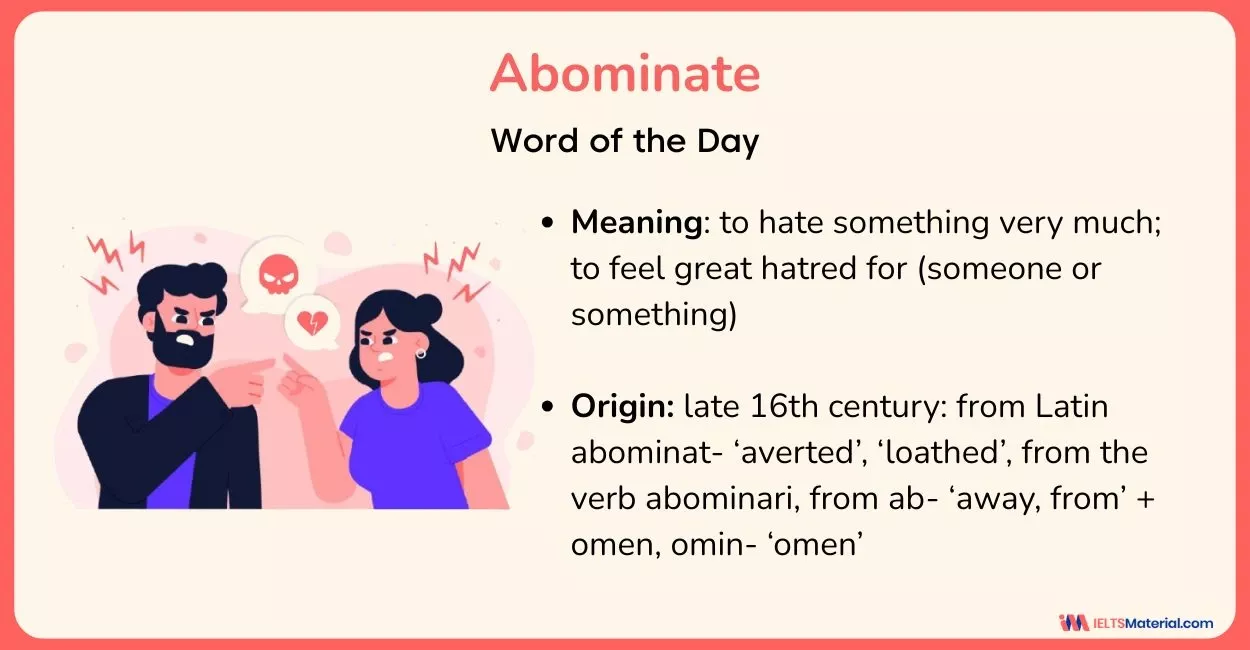
Haniya Yashfeen
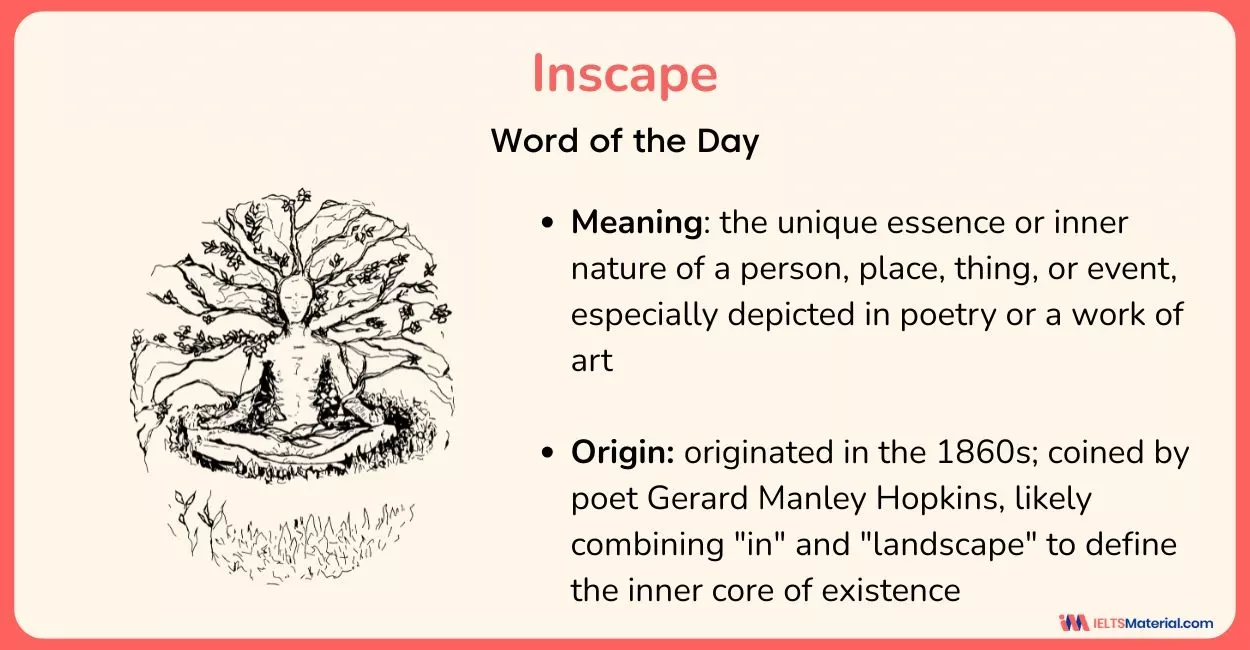
Prity Mallick
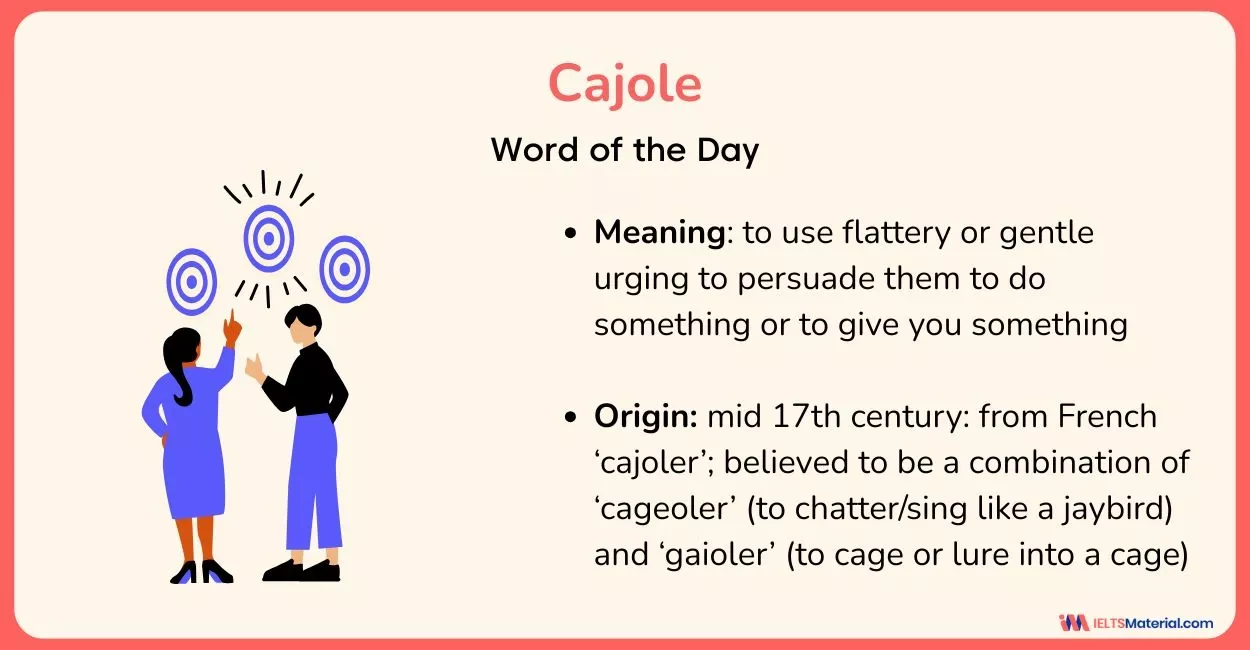
Prity Mallick
Recent Articles
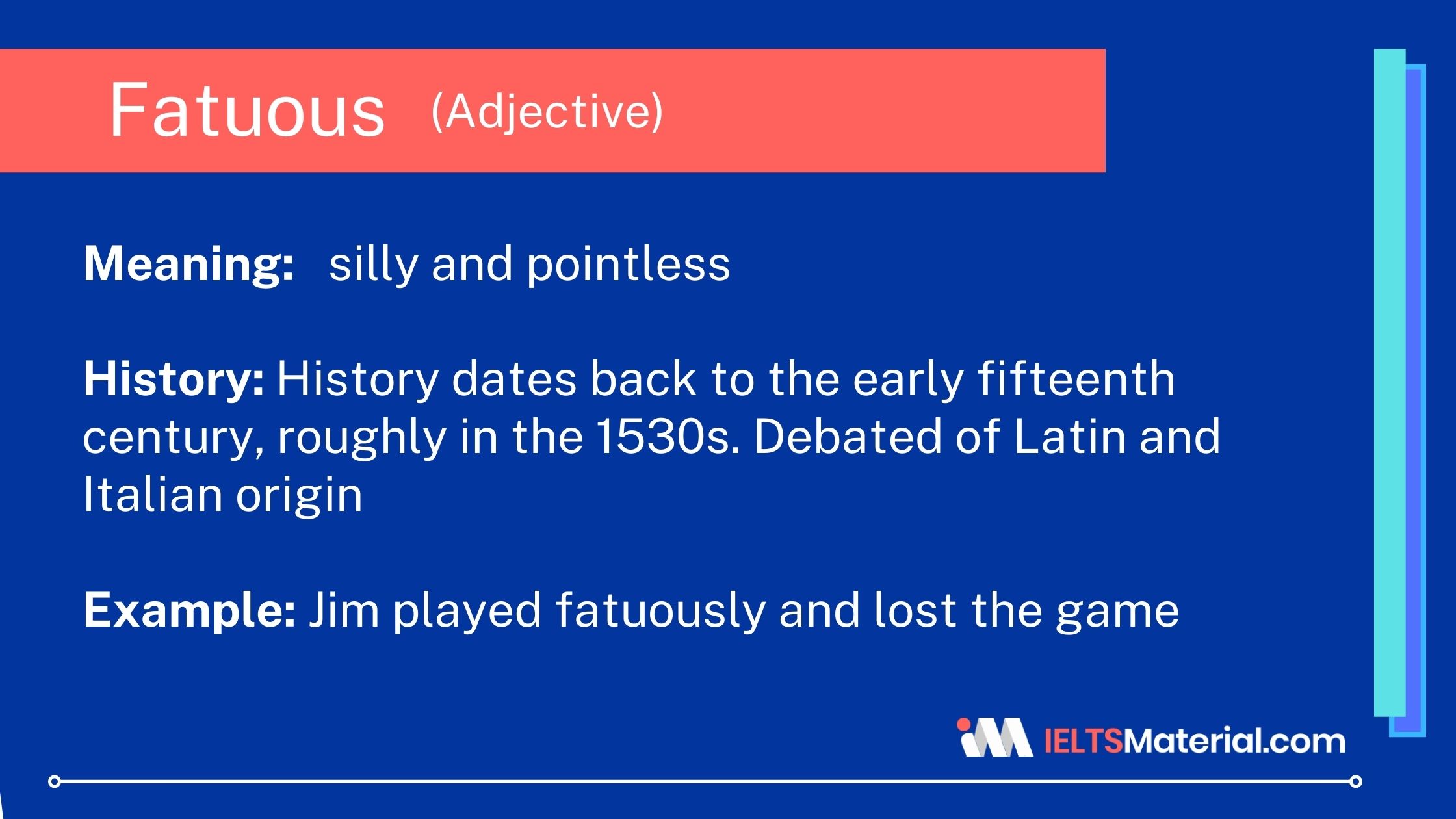
Kasturika Samanta
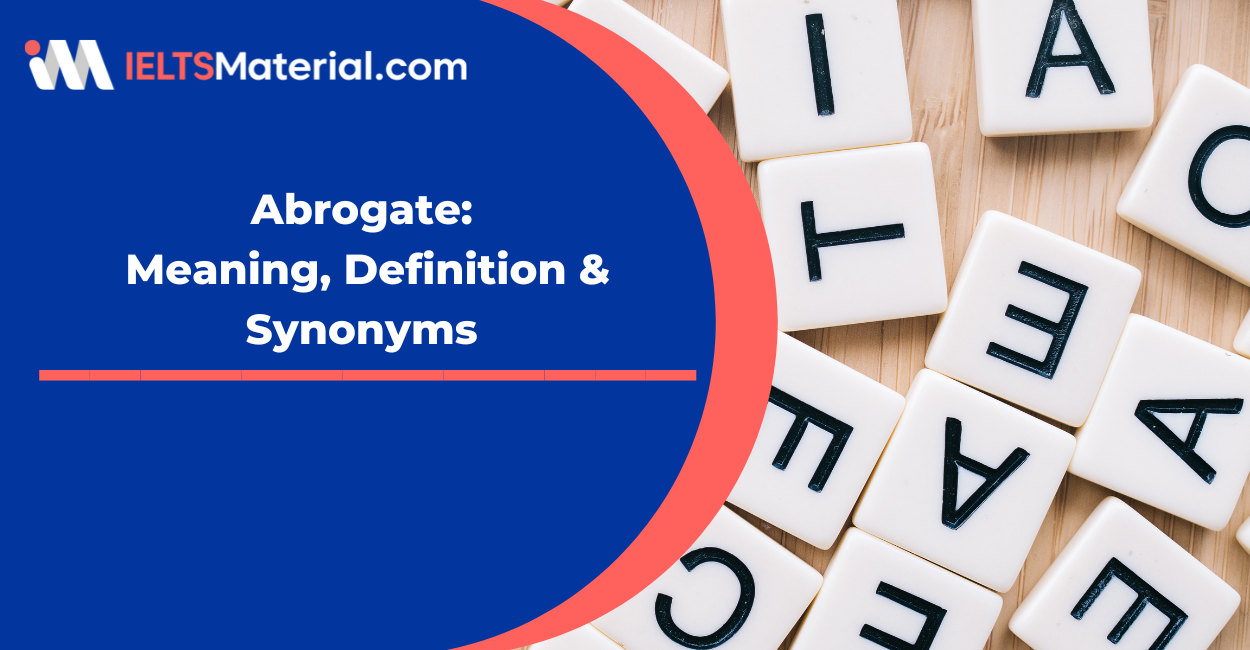
Kasturika Samanta
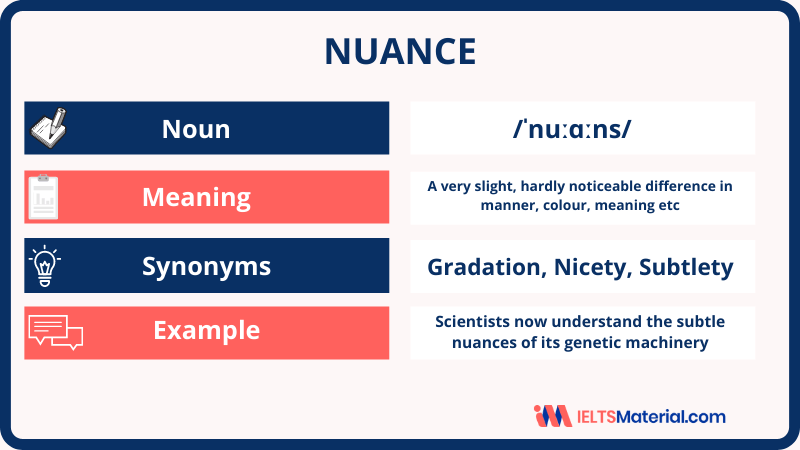
Kasturika Samanta
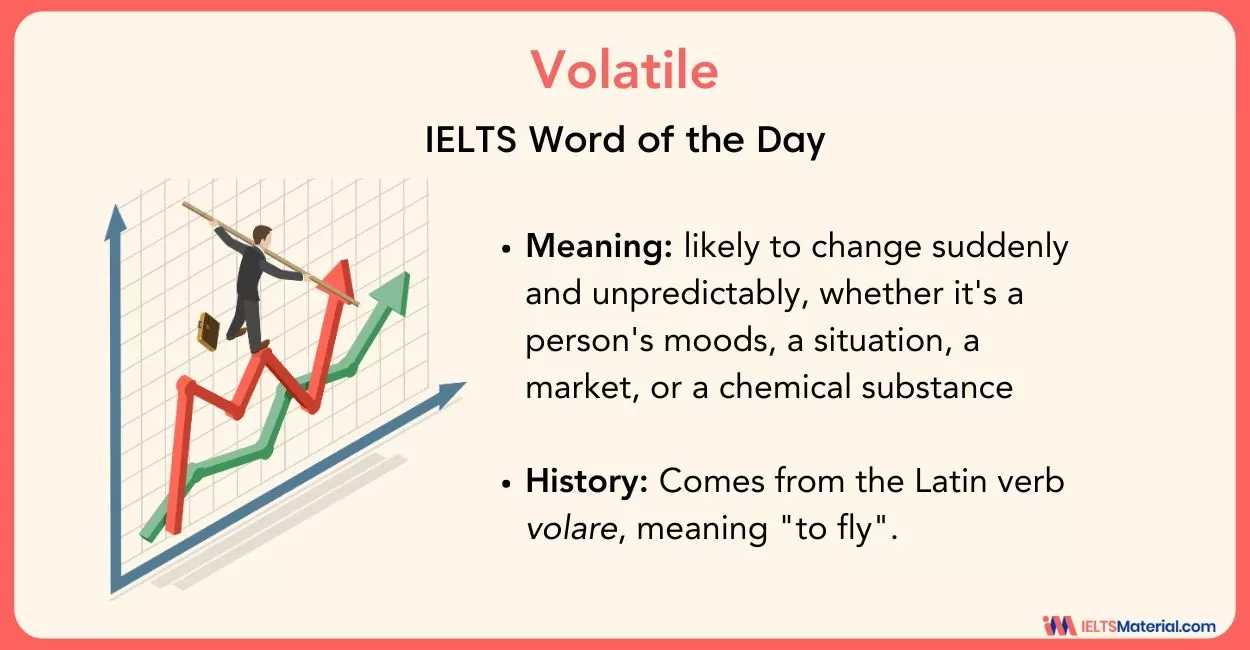


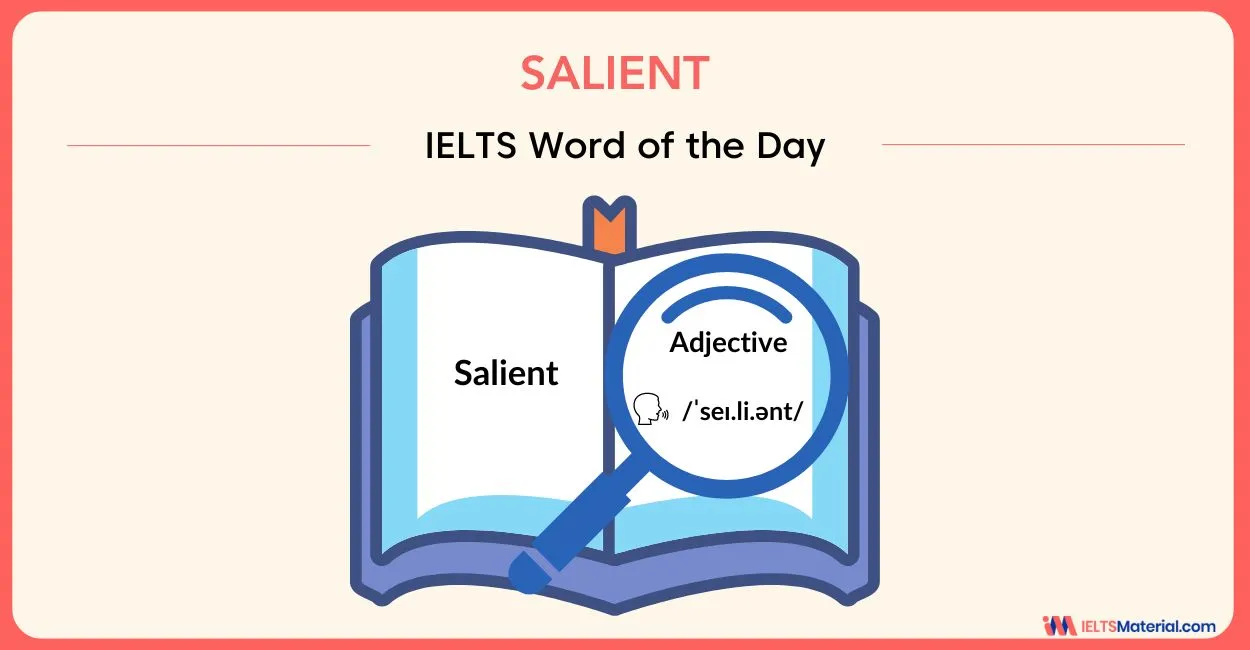


Post your Comments